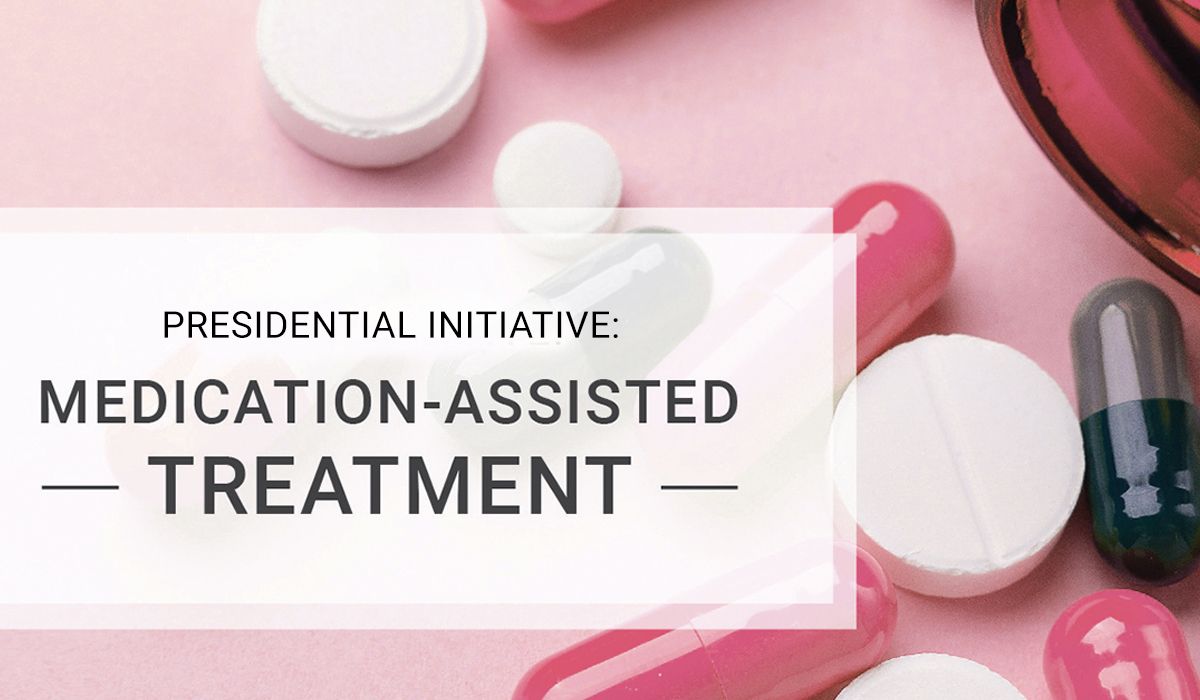Across the country, officials are reporting spikes in drug overdoses as the opioid epidemic is exacerbated by the COVID-19 pandemic. The Centers for Disease Control and Prevention recently reported the highest number of overdose deaths ever recorded in a 12-month period – 81,000 people. Access to opioid use disorder treatment could help save the lives of those who fall victim to opioid overdose. However, federal restrictions are preventing evidence-based treatment options from being accessible to those in need.
One of the treatments most widely acknowledged as effective for those with opioid use disorder is medication-assisted treatment, which combines medication treatment and behavioral counseling. Prescription medications, including the controlled substances buprenorphine and methadone, are used to suppress withdrawal symptoms and reduce cravings. These medications are intended to help patients re-establish normal brain function and prevent relapse, complementing and facilitating behavioral therapy.
To truly combat the ongoing opioid epidemic, patients in need must have access to this treatment, but this well-established solution is hindered by unnecessary and unproven bureaucratic processes. Requirements surrounding the provision of medication-assisted treatment and the categorical exclusion of qualified providers, like pharmacists, have created barriers to care and put additional burdens on eligible practitioners. Currently, only physicians, nurse practitioners, and physician assistants, and a few other providers are considered eligible. And, because of additional burdens put on these eligible providers, only 7% have taken the additional steps necessary to become qualified to prescribe this treatment. This limited number of providers does not bode well for providing access to the 1.6 million Americans who have an opioid use disorder. medication-assisted treatment.
Legislation like the bipartisan Mainstreaming Addiction Treatment Act (S. 445/H.R. 1384), which Representatives Paul Tonko (D-NY), Michael Turner (R-OH), Antonio Delgado (D-NY), Anthony Gonzalez (R-OH) and Senators Maggie Hassan (D-NH) and Lisa Murkowski (R-AK) introduced on February 25, will do much to reduce barriers to care. It will improve patients’ access to medication-assisted treatment by eliminating the redundant and outdated requirement that practitioners apply for a separate waiver through the Drug Enforcement Administration to provide medication-assisted treatment to patients. The waiver requirement was implemented as part of the Drug Addiction Treatment Act of 2000 and it is federally mandated for providers who seek to treat opioid dependency outside of a formal opioid treatment program. The waiver process requires the completion of additional training, puts a cap on the number of patients each provider can treat with medication-assisted treatment, and precludes pharmacists from becoming qualified providers. It makes no sense that providers must go through so many extra steps to be able to treat opioid use disorder patients with buprenorphine or methadone, as they can prescribe these and other controlled substances for pain management without doing so.
There are over 80,000 pharmacy locations across the country, uniquely positioning pharmacists to expand access to this critical therapy. Pharmacists are accessible in nearly every community, including those that do not have other convenient access to health care, much less providers who focus on treating opioid use disorder. Currently, pharmacists’ expertise is underutilized as they may only engage in a dispensing role in the provision of medication-assisted treatment. They could easily assume the prescribing of medication-assisted treatment, particularly to address gaps in care. Pharmacists can help develop treatment plans, communicate with patients, coordinate care, and monitor adherence and improvement, along with prescribing and dispensing buprenorphine medications. Congress must remove unnecessary federal restrictions that unreasonably limit the types of providers who can offer medication-assisted treatment, burden the providers currently deemed qualified under the law, and preempt state regulatory authority. And pharmacists — long lauded as being among the most accessible and trusted of health care professionals and with a time-tested record of providing advanced care to patients — are well positioned to help eliminate barriers to medication-assisted treatment and allow more patients with opioid use disorder to access the treatment they need.
